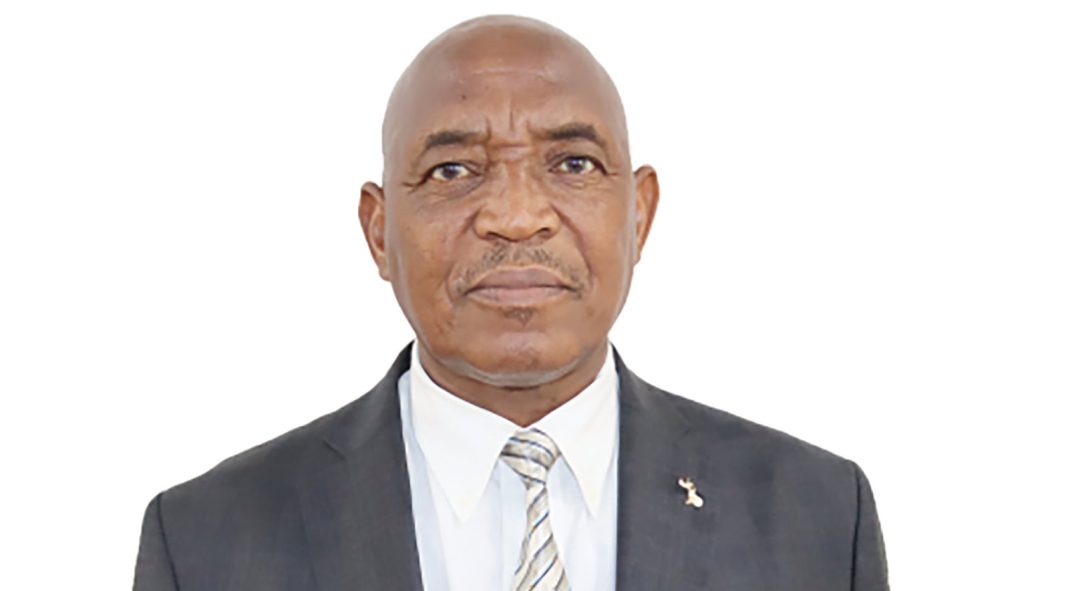A parliamentary committee has raised alarm over the scope of the proposed Tenth and Eleventh Amendments to the Constitution Bills, 2024, with some members warning that the amendments could undermine the Constitution’s basic structure.
Presenting a report in parliament this week, the portfolio committee on law and public safety cluster’s chairperson, Mokoena Ramakatsa, highlighted that while they support the approval of the Bills, there were some concerns over clauses related to floor crossing, vote of no confidence, dissolution, and prorogation of parliament.
This follows the first presentation of the proposed Bills by the minister of justice and law, Richard Ramoeletsi, in parliament on May 6, 2024.
The purpose of the Bills is to amend the Constitution of Lesotho 1993 and give effect to the resolutions of the Multi Stakeholder National Dialogue on comprehensive national reforms as espoused in the Plenary II Report.
The Bills are a result of consultations and debates among members of the National Reforms Authority (NRA) and a wide sector of the national reforms’ stakeholders.
Ramoeletsi noted that the Tenth Amendment Bill makes provision of, among others, the crossing of the floor in the National Assembly after a period of three years. However, persons who become MPs through proportional representation are not permitted to cross the floor.
According to the Bill, freedom of expression extends to media, freedom to seek and obtain impartial information, as well as academic and artistic freedoms which should be enjoyed without any interference.
The Bill further provides for the establishment of Parliamentary Service, whose function shall among others, be the appointment and removal of Clerks and other staff of this office.
Parliamentary Service will also have the office of the President of Senate, Speaker, and Clerks of both Houses of Parliament.
“The current Constitution does not have a provision on joint sittings of both houses of Parliament to discuss issues whenever it is necessary. The Bill therefore, makes provision for the King to summon both the Senate and the National Assembly to a joint sitting for purposes of delivering the Speech from the Throne.
The joint sitting can also be convened for presentation of the budget speech, state of the nation address, and to resolve a disagreement between the two houses.
The Bill also limits the powers of the prime minister to prorogue Parliament, in that he or she can only recommend prorogation of Parliament for 14 days, and even then, would require approval from the Council of State.
“The Bill makes chieftainship a fundamental part in the devolved government. It further provides for the basic principles in the role it plays in local and national development,” Ramoeletsi also noted.
Meanwhile, the Eleventh Amendment to the Constitution Bill, 2024 intends to change the designation of the Ombudsman to the Public Protector.
In the Bill, he said, the status of the office of the Public Protector has been elevated to that of an independent and autonomous body accountable to parliament.
Ramoeletsi added that the Bill’s mandate is to investigate allegations or suspicions that a person has suffered injustice or has been prejudiced in any manner as a result of an action of an officer or authority.
“The Bill also introduces a transparent, merit-based, fair and competitive process for the appointment of members of the Public Service Commission to provide for the effective and efficient, and apolitical public service.
“According to the Bill, appointments, confirmations of appointments, promotions and dismissals shall be the responsibility of the Commission.
“The Bill further seeks to delete the existing constitutional provisions on the Human Rights Commission and replace them with a new version, which provides the commission with a large degree of independence from the executive branch of government,” Ramoeletsi indicated.
According to the minister, members of the committee suggested that parliament should enact legislation to prevent changes to the basic structure of the Constitution.
They feared that the proposed amendments might undermine the core principles enshrined in the founding document.
Specifically, the committee identified certain clauses in the Tenth Amendment Bill as “problematic”.
The members argued that provisions such as 10 Sub-clause 66E (registration of political parties), 14 Sub-clause 87C (pension benefits of prime minister, deputy prime minister and their spouses) and Clause 17-Amendment of Section 99 (director of public prosecutions), among others, were better suited to be addressed in Acts of Parliament that create the relevant offices, rather than in a constitutional amendment.
This, they believe, would ensure that the Tenth Amendment remained focused on its core objective, without introducing unintended consequences or complications.
Turning to the Eleventh Amendment Bill, the committee expressed concerns over several specific clauses.
It argued that provisions concerning the Human Rights Commission (Clause 14, Part 1, Sub-clauses 135 AA and 135AF) should be transferred to the Tenth Amendment and that the Sub-clauses 135 A1 to 135 A1, as well as the provisions relating to the High Court and Constitutional Court (Clause 16, Sub-clauses 136 A (1), 136B and 136C) should also be addressed separately.
Ramakatsa noted that the committee was however, unable to deliberate on clauses concerning floor crossing, dissolution and vote of no confidence because the issues were under consideration by the High Court in the case of the Democratic Congress (DC) and two others v Lejone Puseletso and ORS (CIV) No 13/2024.
He added that even though the judgement was delivered, the committee found that they could not fully comprehend certain aspects of the case, leading them to seek legal advice from the Attorney General.
Despite the committee’s concerns, the members ultimately recommended that the two Bills be adopted by the House, albeit with amendments.









